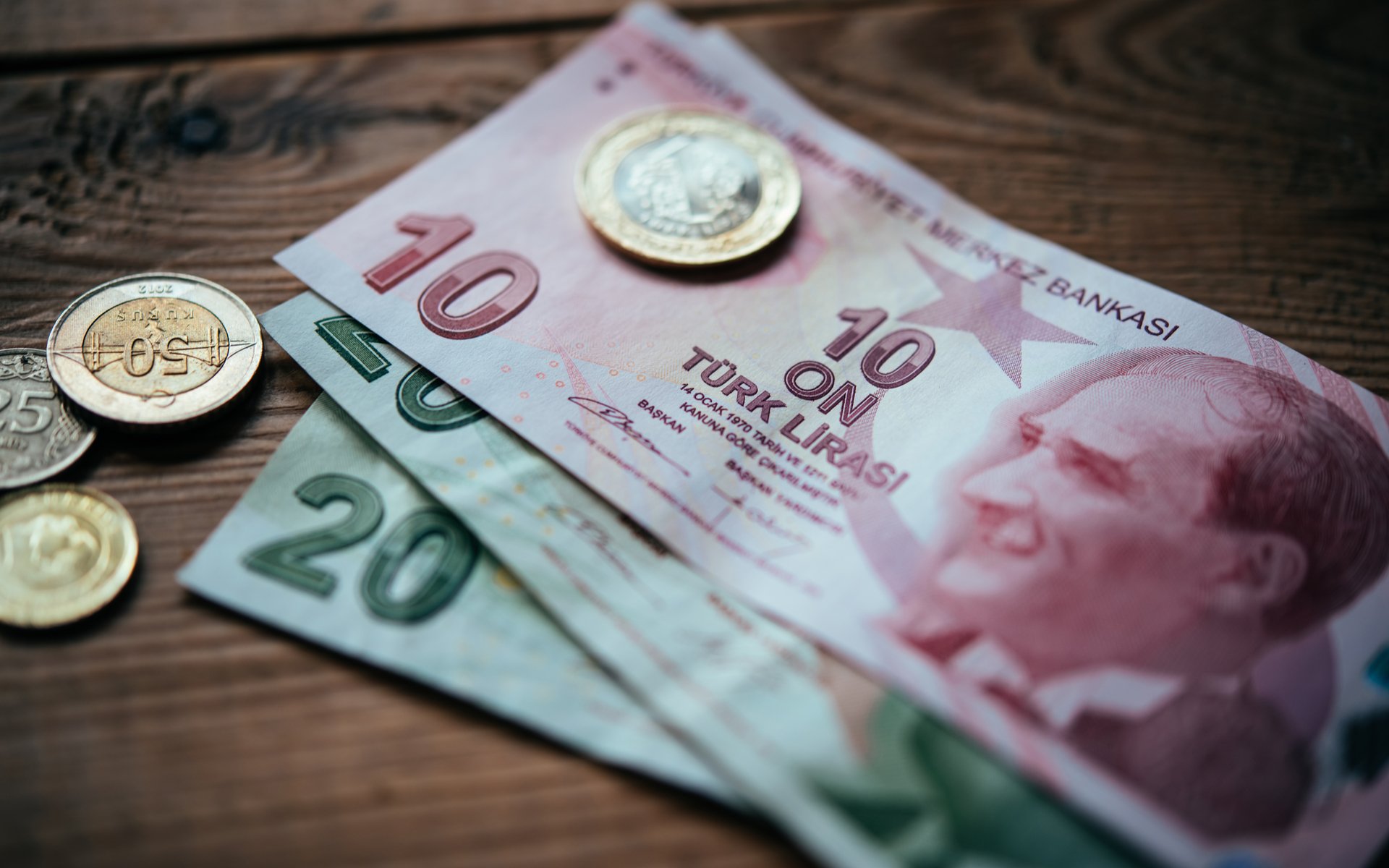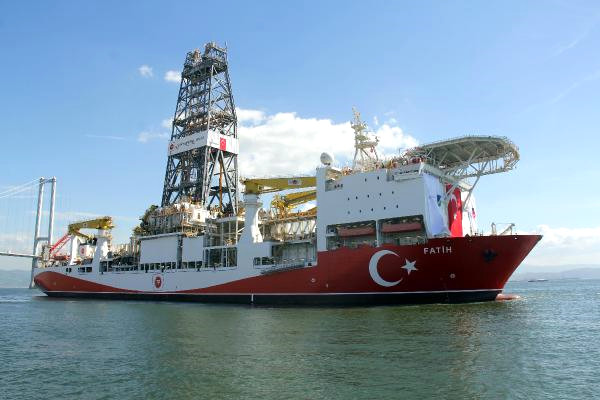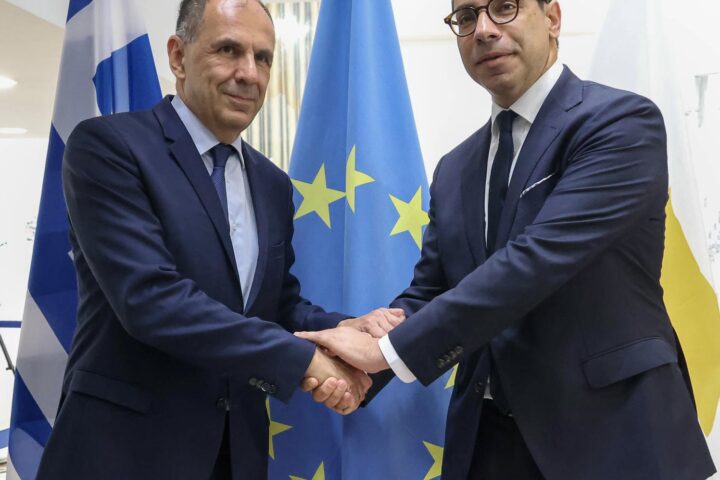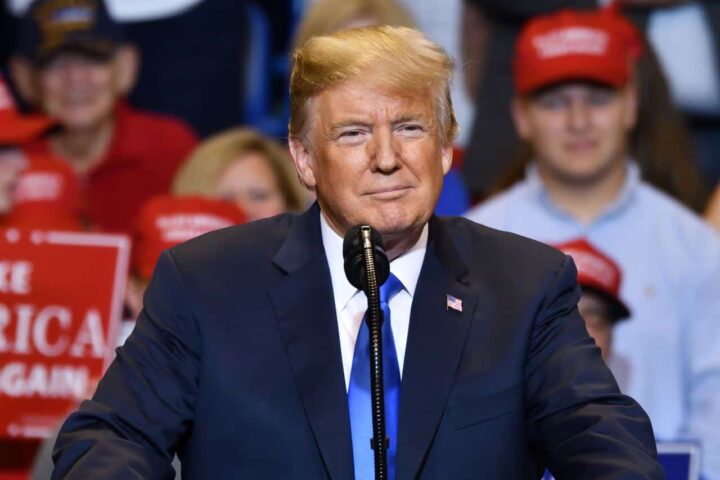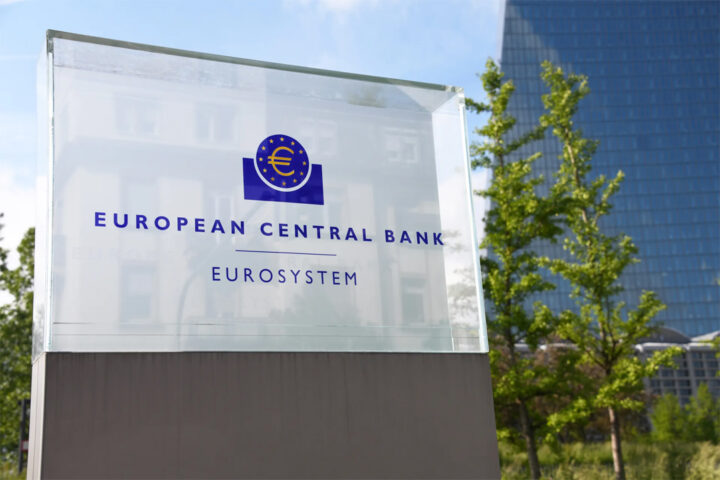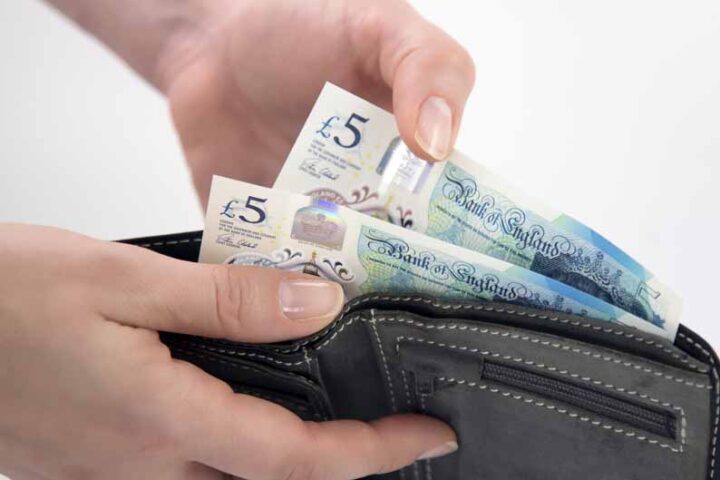The Turkish Lira has reached another record low, as President Recep Tayyip Erdogan refers to Islamic usury doctrine to defend his insistence on his unorthodox low-rates policy.
The currency, which has lost 50% of its value against the dollar since Erdogan ordered the central bank to start lowering borrowing costs in September, fell to a new record low of 17.8 against the dollar and 18.42 against the euro on Monday.
Talking at a ceremony in Istanbul on Sunday, Erdogan reaffirmed his commitment to his interest slashing policy, citing Islamic finance doctrines according to which high interest, or usury, is typically avoided.
“As a Muslim, I will do what the doctrines dictate…the river only flows one way, and no one should expect anything different from the government”.
Since September, Erdogan has pushed for 500 basis points of interest rate cuts, setting off Turkey’s worst currency crisis in two decades, with the Lira crashing 35% in the last 30 days.
He defended his economic policy and likened the currency volatility to attacks on the country’s economy that “have roots” in the 2013 nationwide protests, which began in Istanbul’s Gezi Park over access to green space.
Despite widespread criticism and rapid fallout for the economy – including Turks’ fast eroding incomes and savings, Erdogan has forged ahead with his so-called new economic programme that prioritises exports and lending.
Erdogan acknowledged public concerns about soaring prices, but he cast them as part of a national struggle for economic independence.
“Of course, we are aware of the volatility in the exchange rate, the instability in prices and the uncertainty this creates.
“But we will resist these just as we resisted tutelage, terrorist organisations, putschists and global power barons. I am telling you, there is no going back.”
On Saturday, Turkey’s largest business group TUSIAD called on the government to abandon the low rates policy and return to “rules of economic science”.
Meanwhile, inflation jumped to 21% last month and is expected to pass 30% next year, with economists and opposition lawmakers warning the rapid monetary easing is reckless and has sent import prices soaring.
The central bank has intervened five times this month to slow the selling and address “unhealthy” prices.
According to Reuters, bankers’ calculations show it has sold more than $6 bln from its already depleted foreign reserves.

